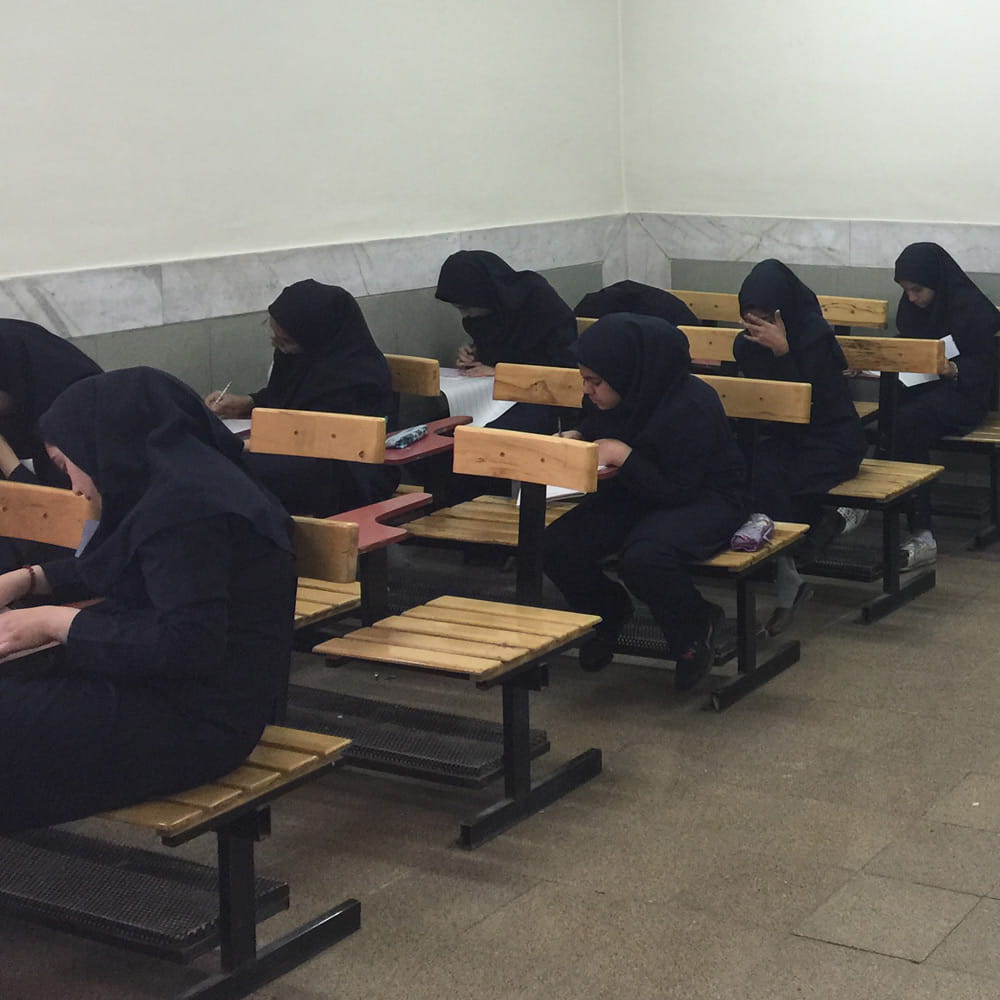A lecturer from Essex Business School is helping students in Iran set up their own businesses after a major study revealed they lacked entrepreneurial skills, which could help their country prosper.
Dr Misagh Tasavori, an expert in international business and entrepreneurship, collaborated with a company in Iran to assess an initial 5,000 students for their business acumen. The research revealed that the majority didn’t have the characteristics, such as creativity, independence, innovation and risk-taking, necessary to be a success in business.
This prompted the Ministry of Education in Iran to order a wider study, and in May 2015 over two million students, aged 13-15, were surveyed with similar results. It was clear a major education programme was needed to address the problem.




